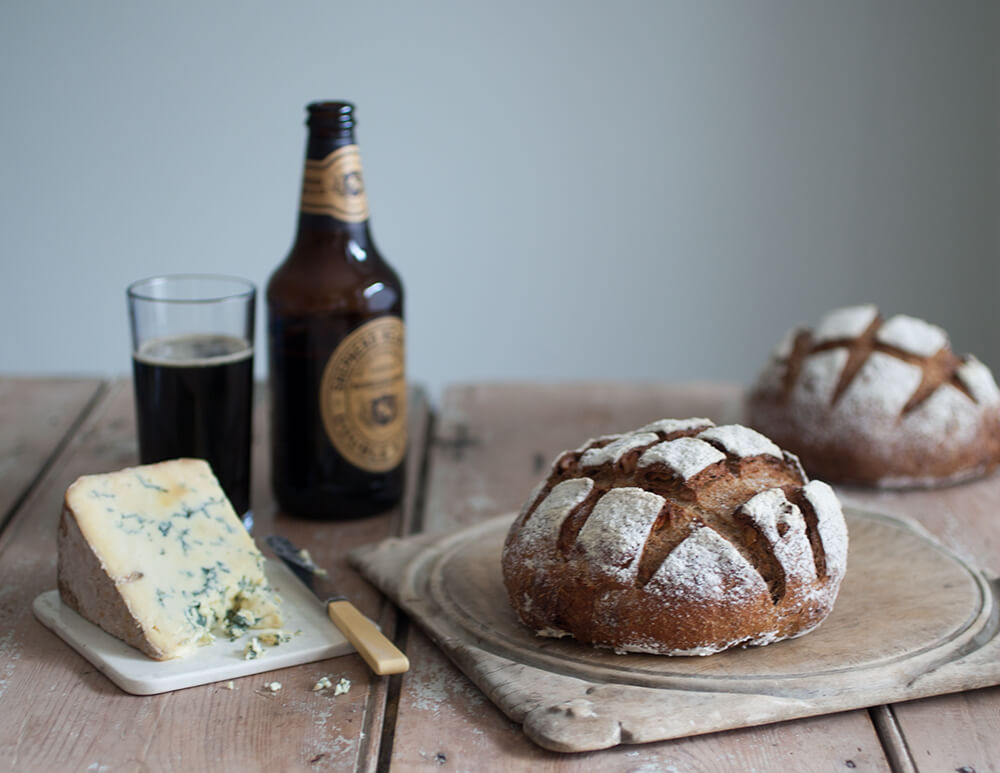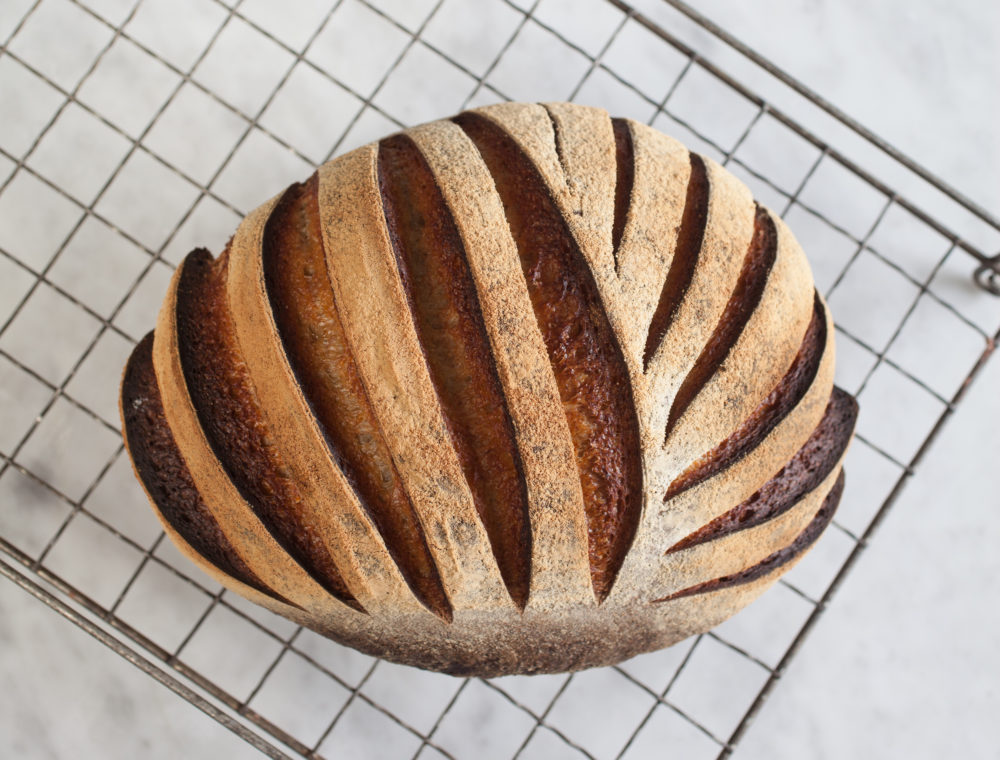
The Fight For Better Bread
This article is adapted from Slow Dough by Chris Young. Until relatively recently, the future


This article is adapted from Slow Dough by Chris Young. Until relatively recently, the future

This article is adapted from Slow Dough by Chris Young. In the words of my

Watkins Media Limited
Shepperton House unit 11
89 Shepperton Road
London, England
N1 3DF

Watkins Media Limited
Shepperton House unit 11
89 Shepperton Road
London, England
N1 3DF